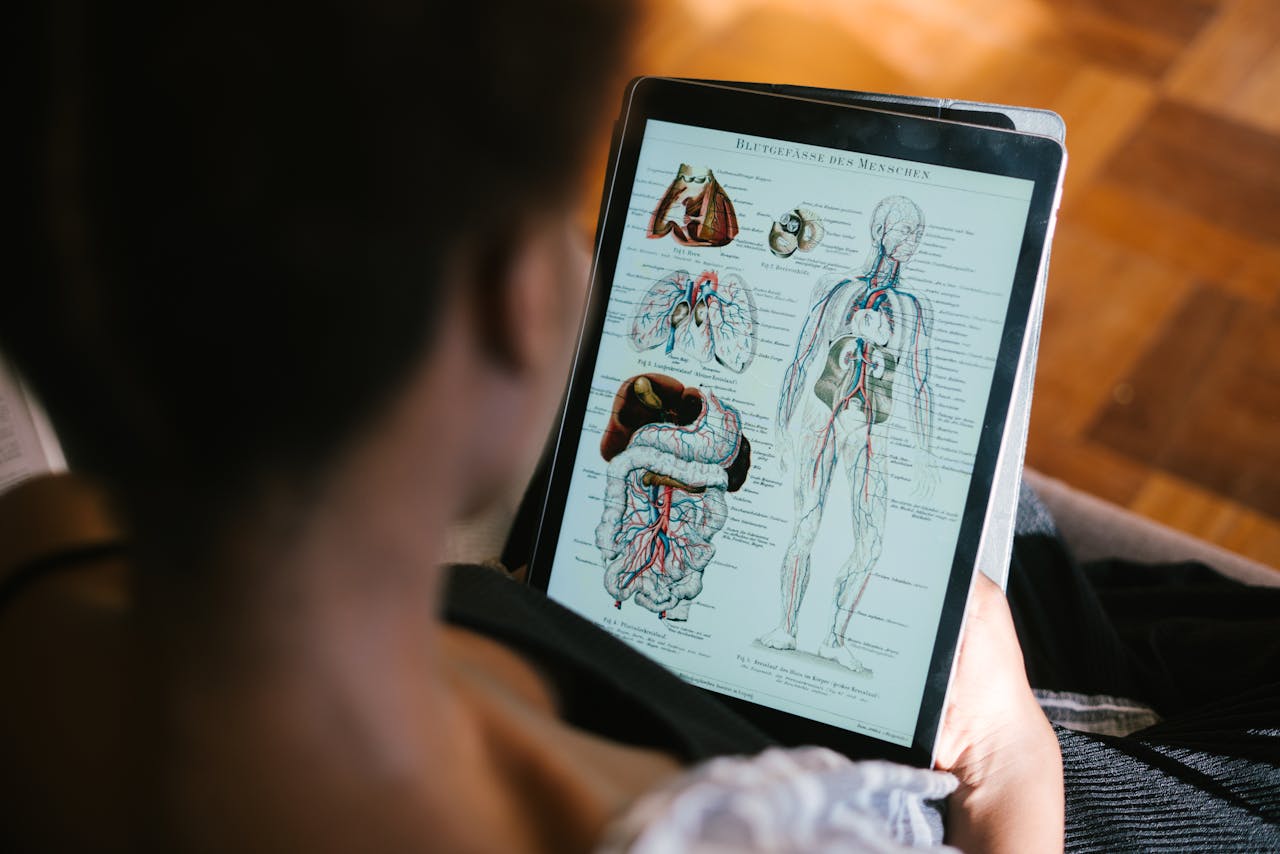It is not your imagination. Between school portals pinging all day, group chats at night, and a schedule that stacks homework, practice, and maybe a shift at work, your brain can feel like it never gets a pause. Overstimulation happens when the input coming at you is more than your mind can comfortably process. The goal is not zero input. The goal is the right amount at the right time, so you can think clearly, feel steady, and actually enjoy your life.
Why Everything Feels Loud Right Now

Modern teen life layers digital and real-world inputs without many natural breaks. Phones reward quick swipes and constant novelty, which makes slower tasks feel flat by comparison. School adds its own noise with multiple tabs, shared docs, auto-updating portals, and back-to-back deadlines. Hallways and cafeterias are bright and loud. Social life keeps running after the bell, so it is easy to feel behind if you step away. Put together, your attention system spends all day switching, not settling.
Phones and Feeds
Short videos, endless scroll, and notifications train your brain to expect newness every few seconds. Even silent banners pull focus because your mind keeps checking for what you might be missing.
School and Social Pressure
Group projects, sports, clubs, and chats move fast. Plans change in messages, inside jokes live in stories, and replies feel urgent. That pressure keeps you “on,” even when you try to rest.
How Overstimulation Shows Up
You can spot it in small daily moments. Starting work takes longer than it should. You reread a paragraph and nothing sticks. Little problems feel big, and you snap at people you like. Falling asleep takes forever because your mind is still scrolling even when your phone is not. None of this means you are lazy or bad at school. It means your attention system is fried and needs structured recovery.
Focus and Memory
Frequent task switching burns mental energy. Attention splinters, which makes learning slower and recall weaker. Deep work returns once you reduce background noise and give your brain one clear target.
Sleep and Mood
Late screens delay sleep. Blue light and mental churn make it hard to wind down. Low sleep makes distractions louder the next day and emotions hit harder, which creates a loop that is tough to break without a plan.
What You Can Control Today

You cannot change school schedules or the existence of apps. You can change the rules you set for your time, space, and tools. Small choices you repeat beat dramatic detoxes that do not last.
One Low-Noise Block
Pick a 45 to 60 minute window for real focus. Put your phone in another room or power it off. Close extra tabs. Use a simple timer. When the block ends, take a short movement break and drink water. One clean block done daily outperforms hours of distracted “studying.”
Two Phone Modes
Create two presets so you choose your brain state on purpose. Mode one for school and homework: Do Not Disturb on, only calls from family, no banners or badges. Mode two for social time: notifications allowed. Toggle with intention.
Clean Your Inputs
Unfollow accounts that spike stress. Mute group chats during class and homework. Turn off nonessential alerts from shopping, games, and news. Keep only a few high-value sources on your lock screen.
A Simple Weekly Plan You Can Stick To
You do not need a perfect system. You need a light plan you can keep most days. This template keeps effort low and impact high.
Pick Your Anchors
Choose three anchors for the week: one study block, one workout or walk, and one social plan. Put them on your calendar first. Anchors give shape to your time. Everything else fits around them.
Protect One True Off Hour
Schedule one hour with no screens, no obligations, and something that restores you. Music, drawing, hoops, cooking, or a long shower all count. Recovery is not a reward. It is part of performance.
When To Ask For Extra Support
If overload is constant even after you reduce inputs, get help early. Talk to a counselor, coach, teacher, or trusted adult. Ask about workload adjustments, extended time, or quieter testing spaces. If sleep, appetite, or mood have been off for weeks, loop in a healthcare professional. Support is not a shortcut. It is how serious people solve serious problems.
A final thought you can use today: start with one repeatable change. A daily focus block, a nightly wind-down, or a two-mode phone setup will lower noise fast. Give it a week. Then stack the next small win. Less noise. More focus. Better sleep. Stronger mood. Your brain will feel the difference, and so will your days.


